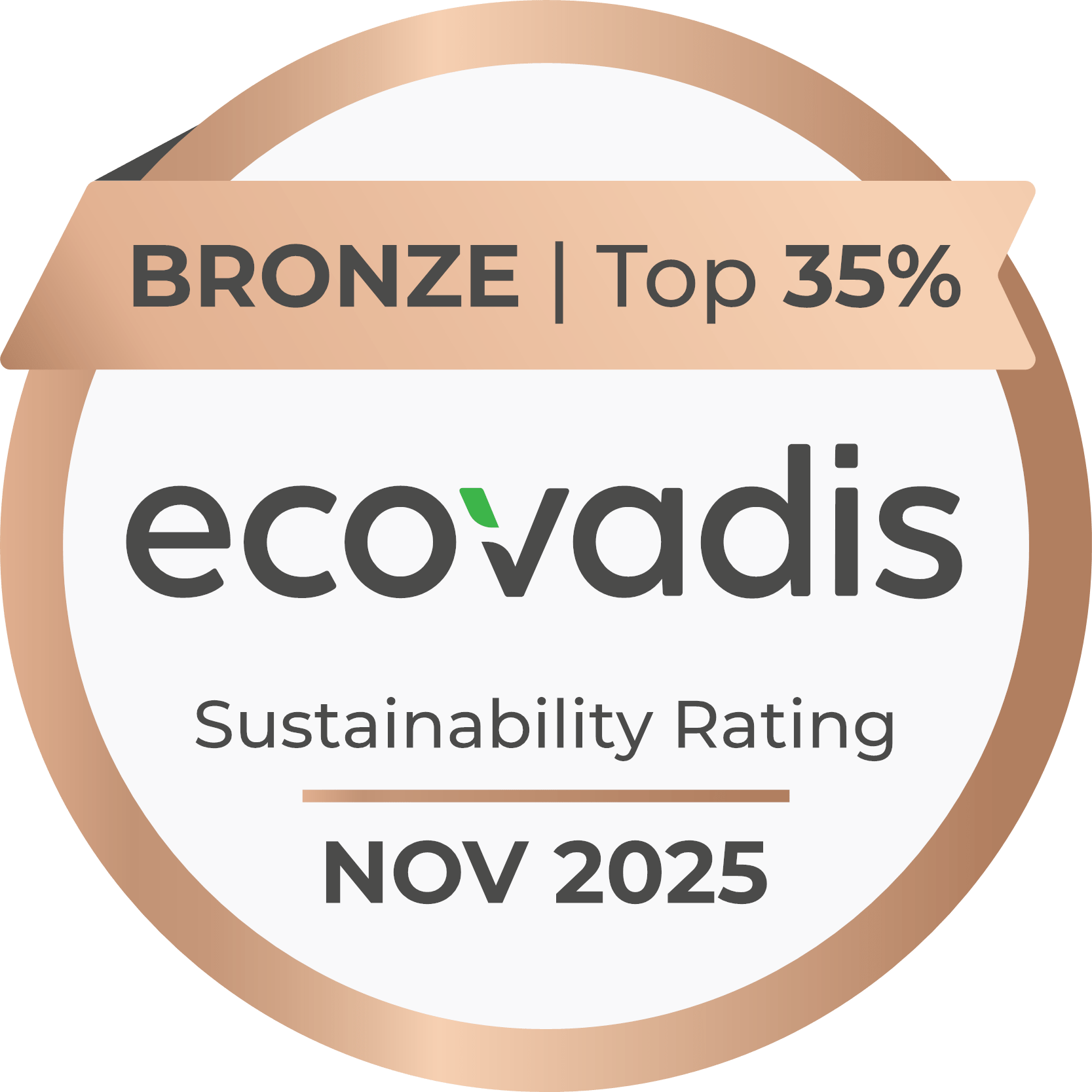CO₂ Accounting
– Your guide to a climate-friendly future
/ OUR OFFER
CO₂ Accounting
The ecological footprint of your company is more than just a number – it determines your future competitiveness.
In a time when sustainability is increasingly demanded by customers, investors, and partners, solid CO₂ accounting is indispensable. It not only gives you a clear overview of your environmental impacts but also reveals concrete potentials for using resources more efficiently and reducing costs.
We differentiate between the Corporate Carbon Footprint (CCF), which captures the total emissions of your company, and the Product Carbon Footprint (PCF), which analyzes the greenhouse gas emissions of individual products over their entire life cycle.
A precise CO₂ balance is the first step towards a sustainable corporate strategy that benefits not only the environment but also strengthens your market position and secures your company’s future viability.
How do customers benefit from our experience?
✔ Increase cost and energy efficiency: Through detailed analyses and targeted measures, energy costs can be reduced by up to 20%, and electricity consumption significantly lowered, which leads to a significant decrease in your production costs. Source
✔ Secure competitive advantages: A GHG balance strengthens your corporate image and promotes innovation. It increases your attractiveness to investors (79% consider sustainability reports), customers, and employees. Through risk minimization and improved market positioning, it creates a sustainable competitive advantage. Source
✔ Future security & climate risk management: Climate change brings physical and transitional risks. With early CO₂ accounting and CO₂ reduction strategies, you can protect yourself against rising CO₂ costs and future climate risks.

THE COMPANIES
THAT HAVE CHOSEN US



















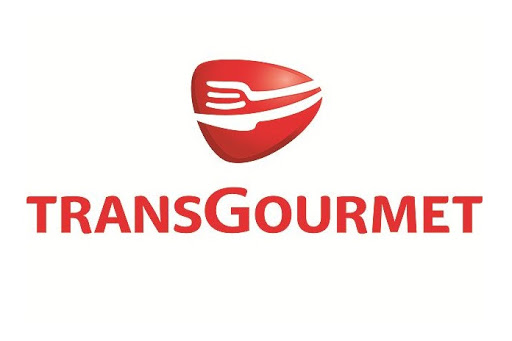







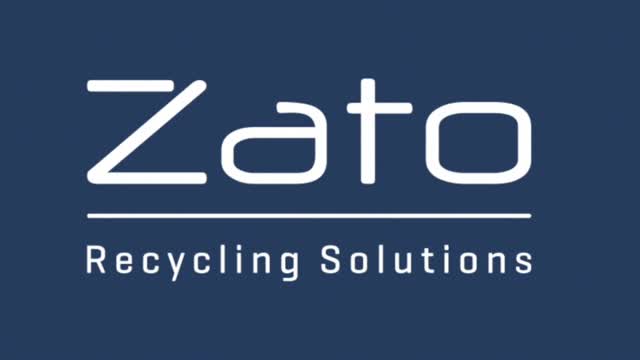







Why choose Terra?
Corporate Carbon Footprint (CCF)
The Corporate Carbon Footprint (CCF) is the calculation of the total greenhouse gas emissions (GHG) that a company causes directly and indirectly.
Facts about the CCF:
- Standardized methodology according to the Greenhouse Gas Protocol
- Necessary for climate strategies and targets (e.g., Science Based Targets)
- Required for reporting under CSRD & EU Taxonomy
- Basis for decarbonization measures and energy efficiency strategies
We accompany companies step by step in calculating and analyzing their CCF – from data collection to strategy development. What we can support your company with:
- CCF calculation for Scope 1 & 2 with optional Scope 3 materiality analysis
- Data preparation for sustainability reports (CSRD, GRI, EU Taxonomy)
- Analysis of CO₂ reduction potentials & derivation of measures
- Development of climate goals & strategic decarbonization
You will receive a profound CO₂ balance!
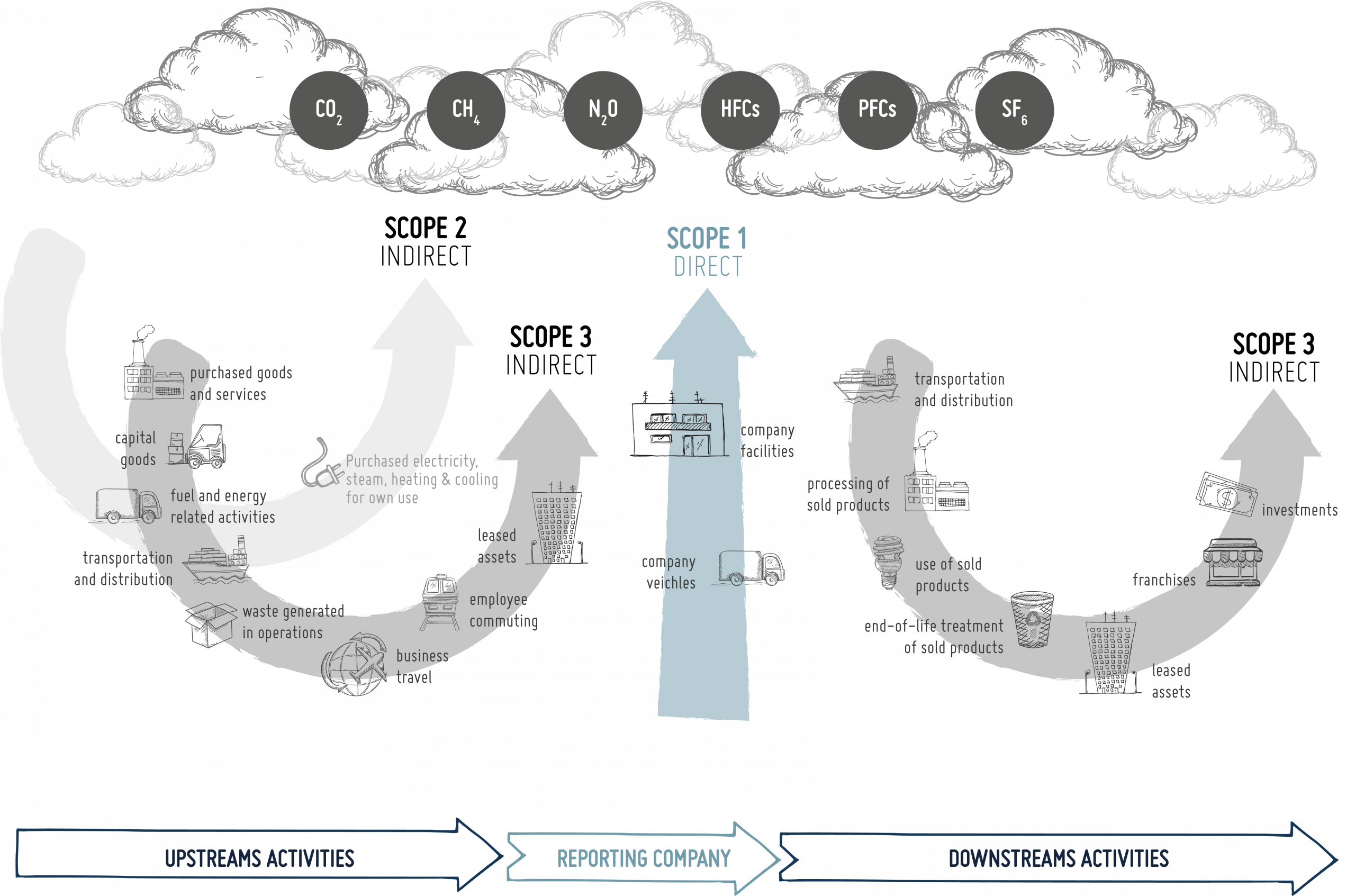
GHG emissions in 3 scopes
Product Carbon Footprint (PCF)
The Product Carbon Footprint (PCF) is the calculation of the total greenhouse gas emissions caused by a product over its entire life cycle. In contrast to the CCF, which relates to the entire company, the PCF focuses on individual products or services.
Facts about the PCF:
- Important for product-related climate strategies
- Increasingly relevant for product labeling and consumer information
As a result, you receive a detailed CO₂ balance of your product, which serves as a basis for targeted optimizations and climate-friendly product design.
Flexibility for companies of all sizes
- Terra Footprint: calculation tools for SMEs
- CAD software for internationally widespread and complex supply chains and companies
Our approach
Our proven approach for creating a CO₂ balance follows a structured and practical process:
- Actual analysis & scoping: Together with you, we define the goals and scope of the report. In doing so, we identify all relevant emission sources to ensure complete capture.
- Data collection: All relevant data are collected, and emissions within Scope 1 and 2 are fully recorded. For Scope 3, a materiality analysis is conducted to identify and record the emissions. For the CCF, all company activities are considered, whereas for the PCF, the entire product life cycle is examined.
- Calculation: Emissions are calculated using current emission factors with the CAD software.
- Evaluation & reporting: Preparation of a CO₂ balance report according to the current standards of the Corporate Sustainability Reporting Directive (CSRD), Global Reporting Initiative (GRI), and EU Taxonomies.
This comprehensive approach enables you to precisely understand your CO₂ balance and, based on this, develop effective measures for emission reduction with us.
Ready for a sustainable success story?
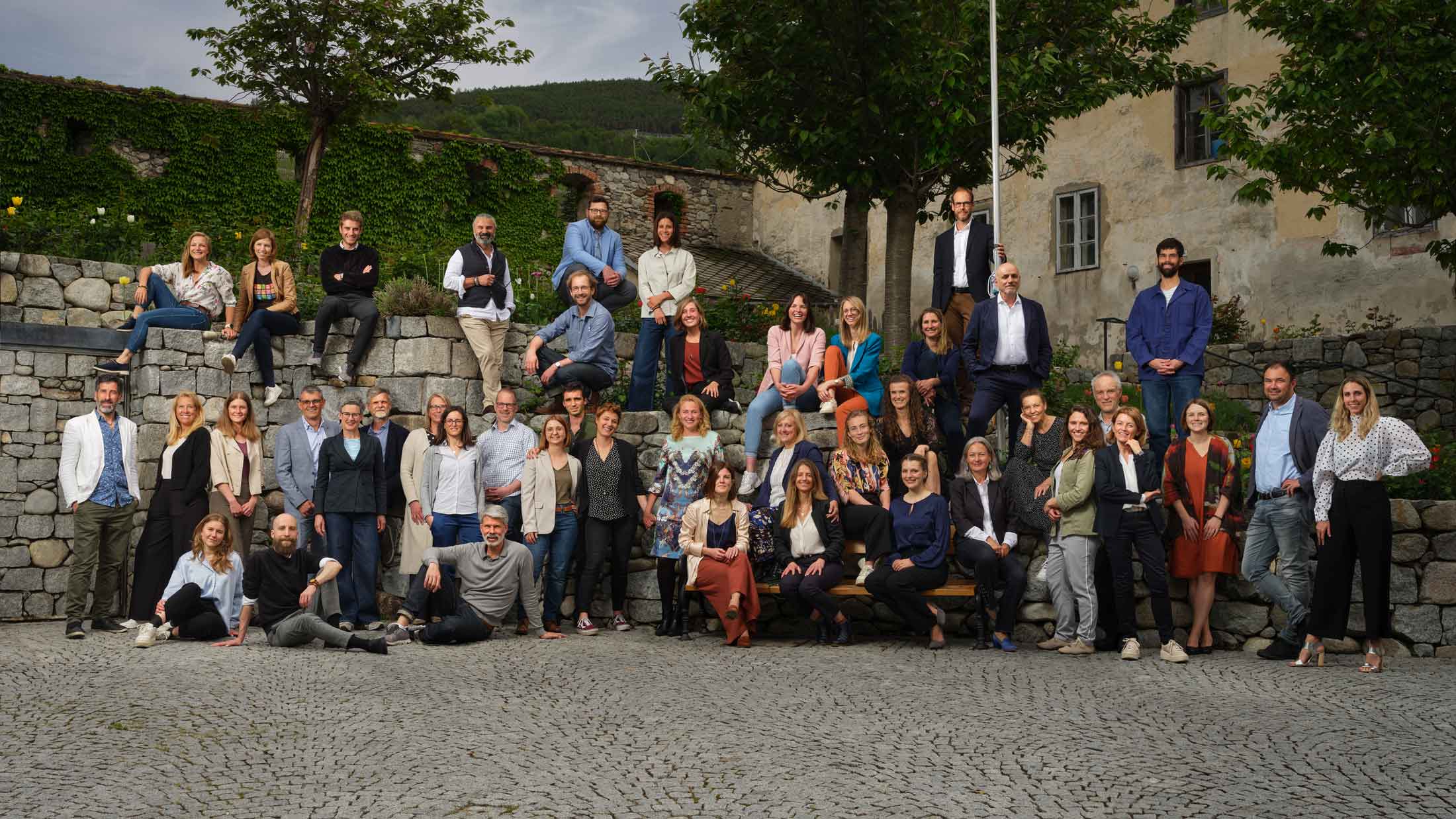
Reduce your emissions with well-considered solutions! Take the opportunity to improve your CO₂ balance and shape a sustainable future. With our expert consultation and practical solutions, we support you step by step on your path.
Let’s lay the foundation for your sustainable future together!
Frequently asked questions about CO₂ accounting – FAQs
1. What is a CO₂/GHG balance?
A CO₂/GHG balance, also called a greenhouse gas balance, is a detailed report that records all greenhouse gas emissions caused by a company, organization, or product. It shows how much greenhouse gases are produced by the activities of a company and takes into account all stages of the value chain. The CO₂ balance reflects a company’s carbon footprint and serves as the basis for developing measures to reduce emissions.
2. What advantages does CO₂ accounting have for my company?
Reveal savings potential: Identification of inefficient processes and reduction of energy costs by 20%.
Process optimization: Improvement of operational processes and long-term reduction of production costs.
Competitive advantage: Strengthening of the company’s image and building trust with customers, employees, and investors.
Cost savings: Identification of energy inefficiencies and resource savings.
3. How does CO₂ accounting work?
CO₂ accounting involves identifying all relevant emission sources of a company and determining the amount of greenhouse gas emissions. The emissions are divided into scopes and converted into CO₂ equivalents using emission factors.
4. What are scopes in CO₂ accounting?
In CO₂ accounting, emissions are divided into three scopes:
- Scope 1: Direct emissions from own sources (e.g., vehicle fleet, own facilities).
- Scope 2: Indirect emissions from purchased energy (e.g., electricity, district heating).
- Scope 3: Other indirect emissions along the value chain (e.g., purchased goods, business travel, logistics).
5. What is a Product Carbon Footprint (PCF)?
The PCF is the total amount of greenhouse gas emissions generated during the entire life cycle of a product, from raw material extraction to disposal.
6. What is the Corporate Carbon Footprint?
The Corporate Carbon Footprint (CCF) is the total amount of all greenhouse gas emissions caused by a company during its business activities.
The CCF is usually calculated for a period of one year and divided into three scopes.
Contacts
If you have any questions or would like assistance with introducing and using Terra Footprint, we would be happy to advise you and accompany you on your journey towards greater sustainability.
The easiest way to get in touch with us is here!
Please note our Privacy Policy and conditions.
Thank you very much! We look forward to receiving your message!
office@terra-institute.eu
Tel. +39 0472 970 484.
-


BRESSANONE HEADQUARTERS
Terra Institute Srl
Via Sant'Albuino 2
39042 Bressanone (BZ)
Italy
INNSBRUCK OFFICE AUSTRIA WESt
Terra Institute Austria FlexCo
Karl-Kapferer-Straße 5
6020 Innsbruck
Austria
